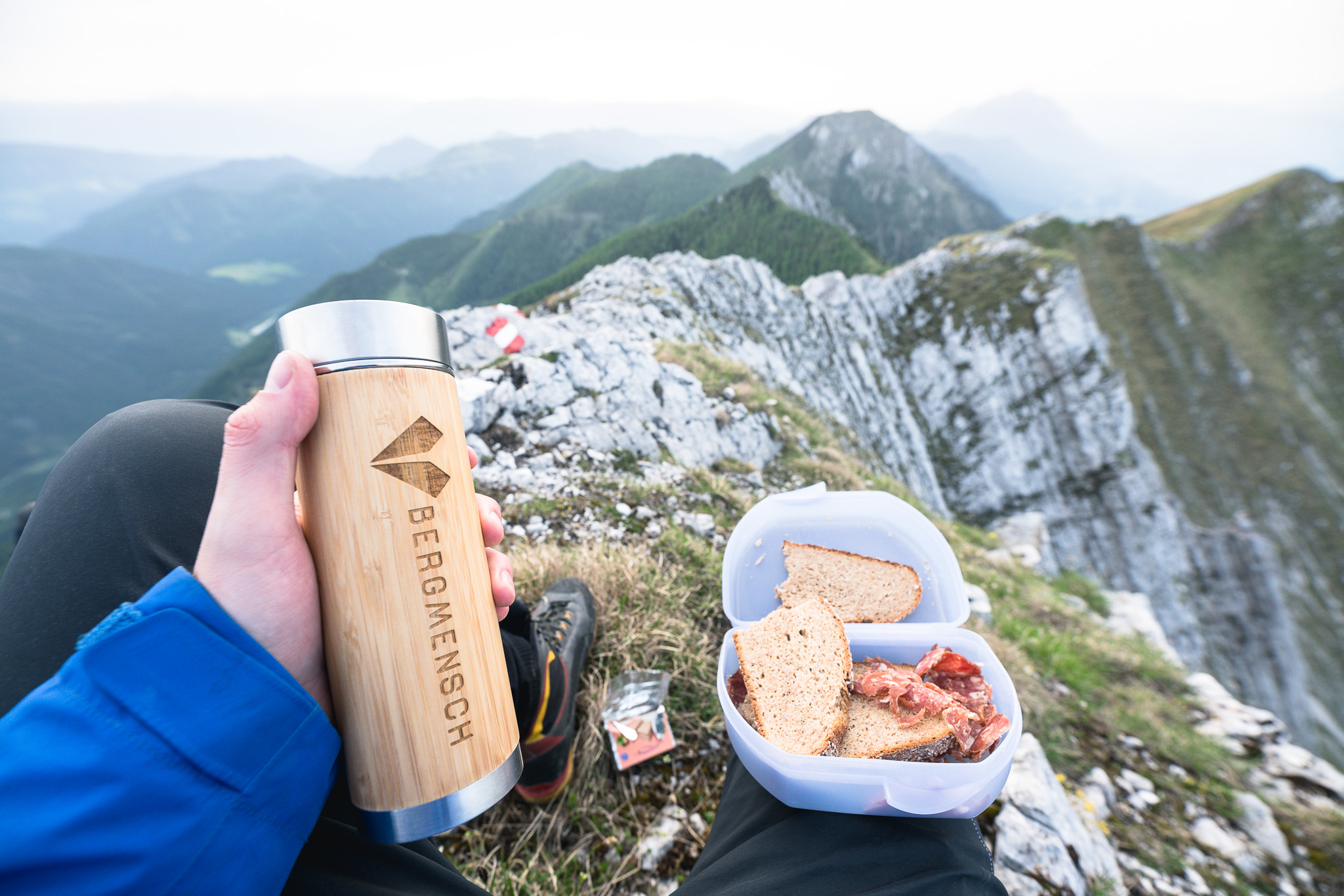Those planning a hike should give the question of correct and healthy nutrition some thought in advance of the event. And of course it isn’t just on the day before that good nutrition is important, but also on the actual day of the hike, as well as the day after.
Eating the right food can have a positive influence on your body, and keeping yourself topped up with healthy snacks en route even allows you to lose weight. The most important components for providing the stamina and energy needed during a hike are carbohydrates, magnesium and plenty of fluid. Without sufficient food and fluids, the body will draw on valuable muscle mass, which we want to avoid. Here is a summary of facts about correct, healthy nutrition for a day hike – eating the right foods will have a considerable influence on whether the hike is a success.
Preparation Food on the day before the hike
On the day before the planned hike, foods high in carbohydrates are of premium importance, to ensure the body has sufficient energy and stamina to perform well the following day. Carbohydrates are important energy providers. The body stores them as glycogen in the liver and the muscles, where they can easily be accessed and immediately utilised during a hike. It is important to avoid foods that sit in the stomach for a long time, where they may cause bloating and a feeling of fullness. We also advise against changing your nutritional habits or starting a diet a few days before a hike.
Foods high in carbohydrates:
✓ Any pasta
✓ Rice dishes with vegetables
✓ Potatoes with soft cheese or quark
✓ Lasagne
✓ Oats
✓ Muesli and
✓ Yoghurt
✓ Wholemeal bread
✓ Fruits
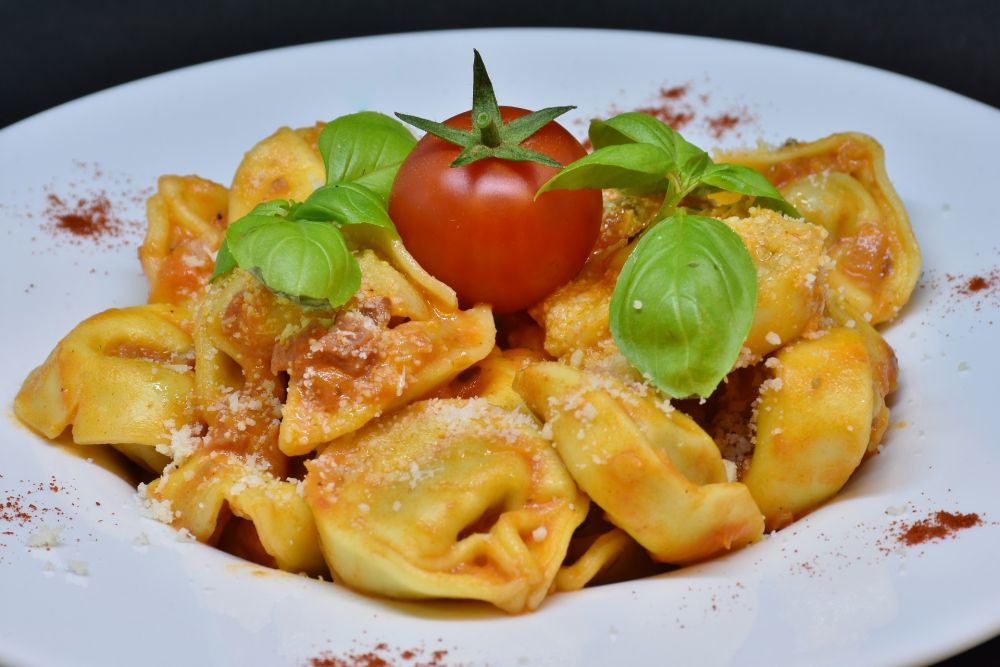
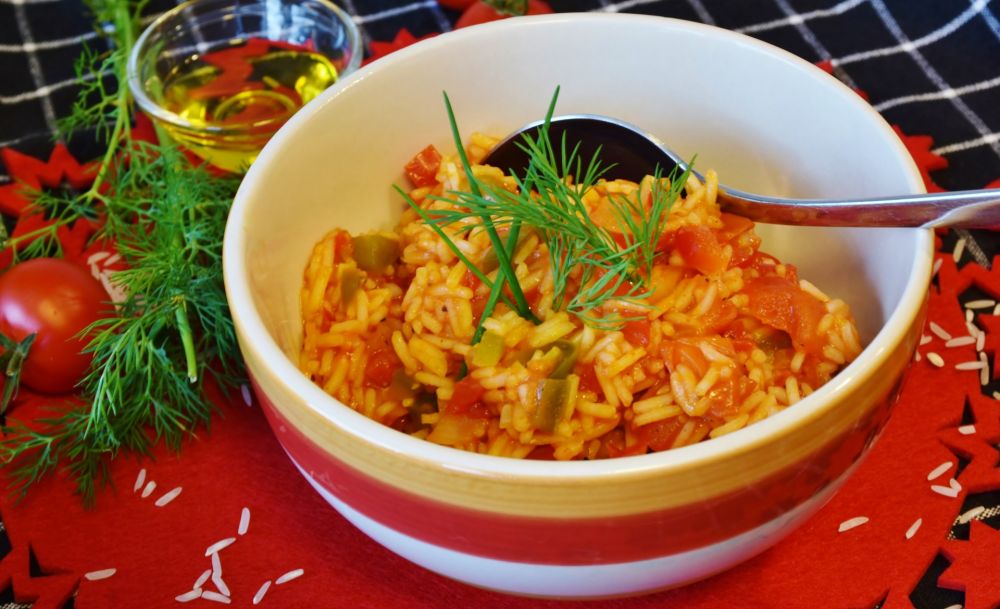
Food on the day of the hike Never start the day of your hike without breakfast!
You should start your hiking day with a substantial breakfast, to provide the basis for a good energy supply during the hike. On no account should you skip breakfast on the day of the hike, as walking when hungry has a negative effect on the brain and the nerves, and by extension on the body’s performance overall. Nor should you consume an excessive amount of food – you want to avoid feeling bloated. Ensure your breakfast is substantial but easy to digest.
Ideal foods for breakfast on the day of the hike:
Carbohydrates
✓ Muesli or yoghurt with oat flakes
✓ Nuts
✓ Low-fat milk products
✓ Smoothies
✓ Fresh fruit, such as bananas and apples
✓ Wholemeal bread with honey or jam
Proteins
✓ Omelette with vegetables (the egg supplies the protein, while the vegetables provide important minerals, trace elements and vitamins)
✓ Cheese, eggs or fish
Drinks
✓ Still mineral water high in magnesium
✓ Fruit juices such as apple juice, diluted with water half-and-half
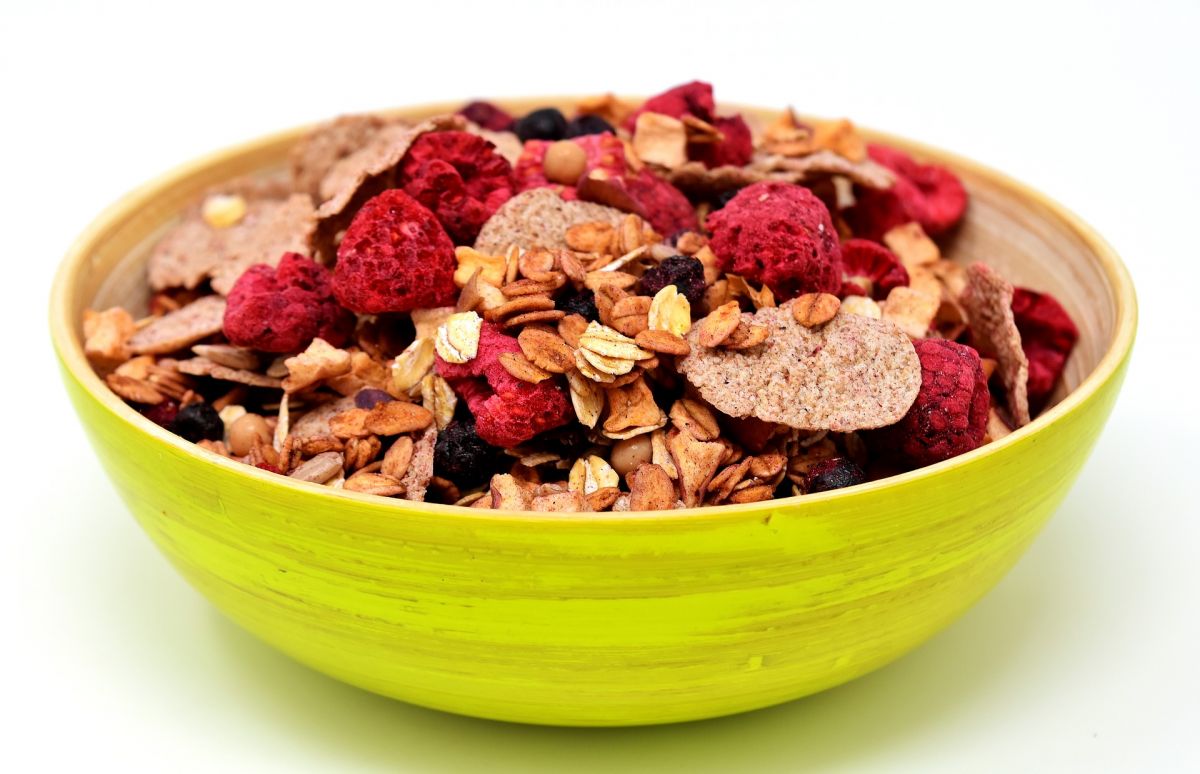
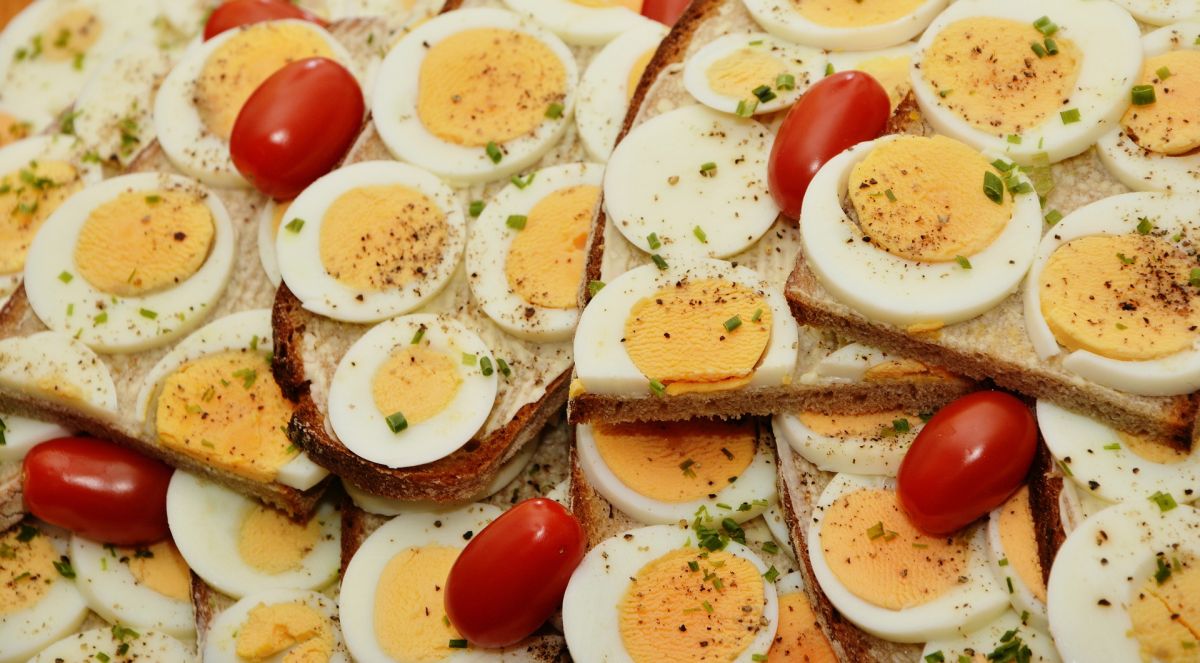
The hike begins Food during the hike
Fortified by a healthy breakfast, you are now ready to start your hiking tour. Bear in mind that the longer the hike, the more energy will be consumed and will also need replacing. It is important to plan for plenty of short stops during hike, allowing you to top up with small, healthy snacks. This means your digestion won’t be excessively burdened and your blood sugar level does not fluctuate too much – this in turn prevents a sharp decline in performance. Your food during the hike should once again be high in carbohydrates, which the body can quickly convert into energy. So make sure you have plenty of snacks in your backpack to keep you going while under way.
Suitable foods while out on the hike:
✓ Wholemeal bread with jam, honey, cheese or low-fat ham
✓ Fresh fruit, such as bananas or apples
✓ Vegetables such as carrots
✓ Dried fruit
✓ Yoghurt or quark
✓ Energy bars
✓ Muesli and oat bars
✓ Nuts
✓ Glucose sweets and
✓ Magnesium tablets (to prevent cramp in the calf and similar)
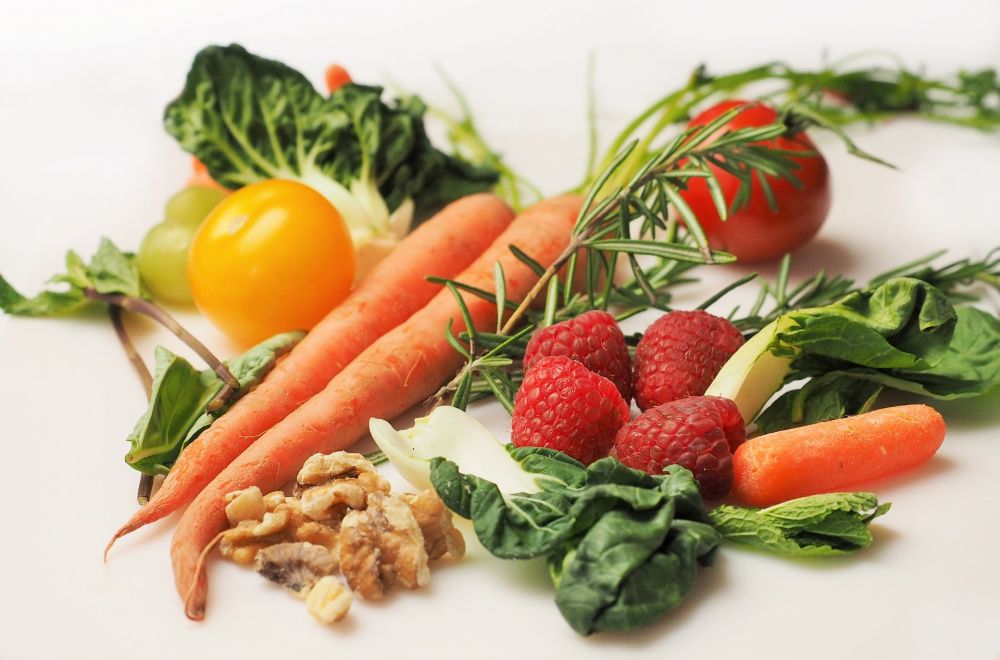
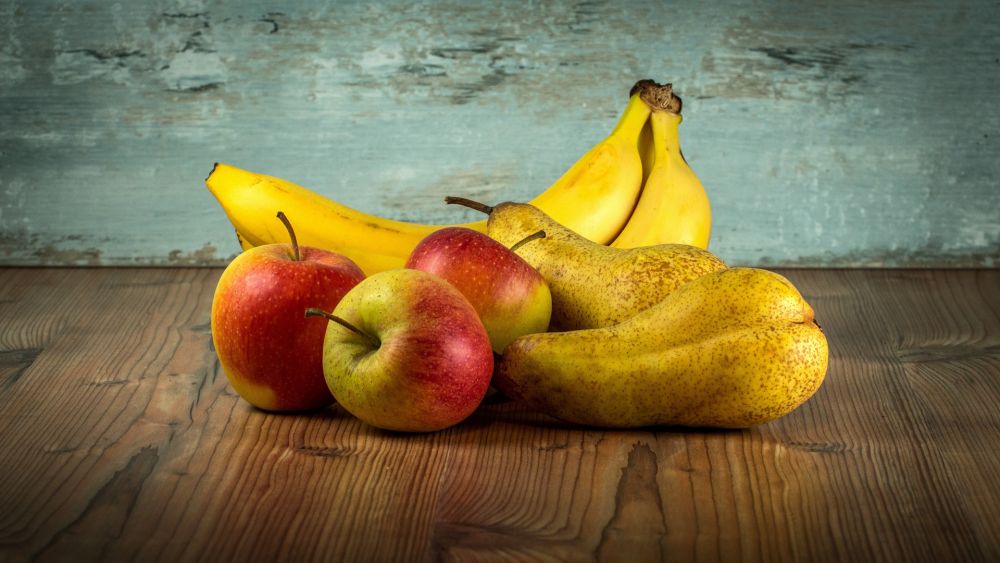
Don’t forget to drink plenty!
A sufficient supply of water is equally important for the body when hiking. Ideally, you will be drinking at least 250 to 500 ml (half a litre) of water every 30 minutes – even if you don’t feel thirsty at the time. The body can loose up to 3 litres of water through sweating during a hike. We therefore advise you take plenty of drinks along on your hike and err on the side of drinking plenty and often, rather than too little. Tea and coffee, as well as alcoholic drinks are not suitable for hiking – they will all increase your thirst as they promote dehydration of the body.
The best drinks to enjoy en route
✓ Tap water or still mineral water
✓ Unsweetened fruit or herb teas
✓ Refreshing dairy-based drinks
✓ Fruit juices diluted with water half-and-half
✓ Isotonic energy drinks (supply of minerals and vitamins)
You’ve reached your destination You’ve arrived at the mountain hut or the summit
Even though it may be tempting to tuck into a hearty meal at the mountain hut, we would advise against ordering a Schnitzel or a Kaiserschmarren. By eating snacks along the way you have ensured a steady supply of energy and optimum fat burning – it would be a pity to undo all the good work. If the destination you’ve reached is a summit rather than an operated hut, you’ve definitely earned yourself a slightly longer rest stop and a substantial snack.
Ideal, healthy foods when stopping off at a mountain hut:
✓ Salad with beef or chicken (proteins and vitamins) or
✓ Baked potato with soft cheese or quark and fresh herbs
And it’s fine to enjoy a coffee now
Ideal, healthy foods when arriving at the summit:
✓ Wholemeal bread with ham, cheese, salad leaves, cucumber, tomatoes, etc.
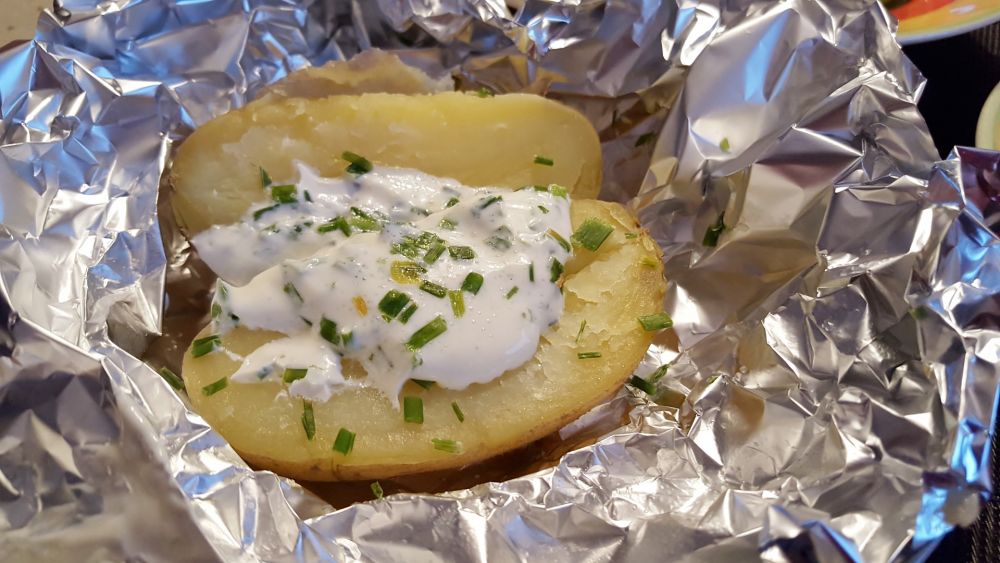
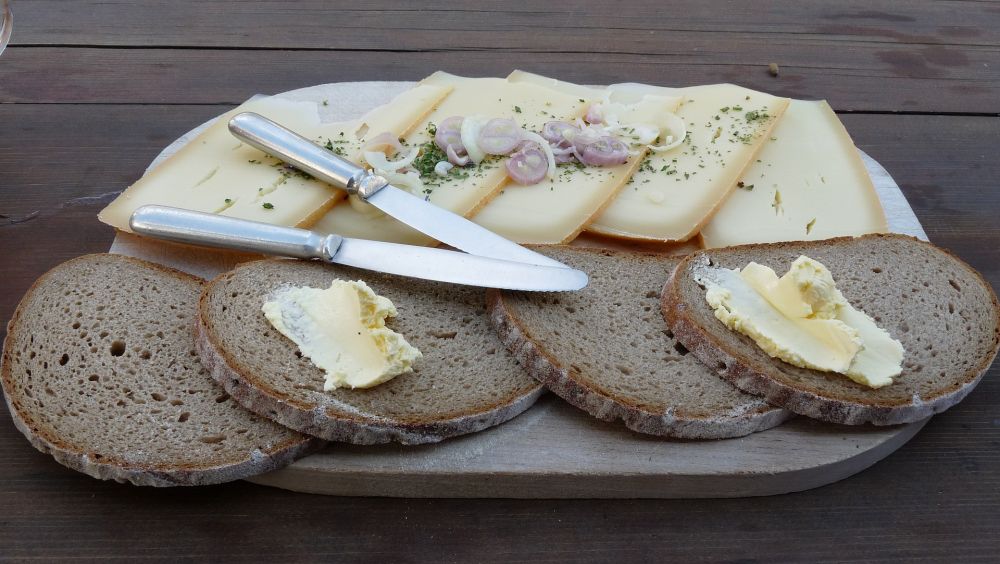
The hike has been completed The beginning of regeneration and relaxation
Once you’ve arrived back at home or the hotel, you can feel proud of your achievement. Now is the time for your body to regenerate. If your main motivation for undertaking the hike was to lose weight, you may want to finish off your hiking day with a warm foot bath with salt, an aromatic bath, a wellness massage treatment or a hot chocolate. In the evening and on the following day, remember to balance out the loss of fluids and minerals with additional carbohydrates. We therefore recommend you continue eating easily digestible foods on the day after your hike.
Easily digestible foods for stocking up your stores:
✓ Vegetables
✓ Fruit, dried fruit and pulses
✓ Healthy salads
✓ Pasta
✓ Semolina pudding
✓ Oats
✓ Rice pudding
✓ Yoghurt or quark
✓ Rice or potatoes
✓ Fish
✓ Thin strips of veal
✓ Citrus fruits (vitamin C)
✓ Cress, pumpkin seeds, plums and nuts (iron)
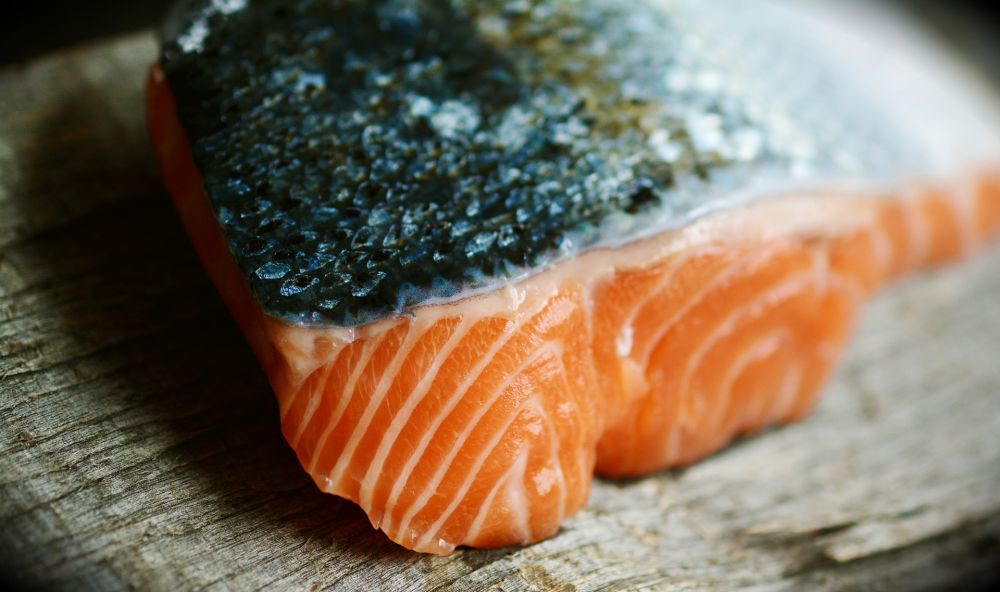
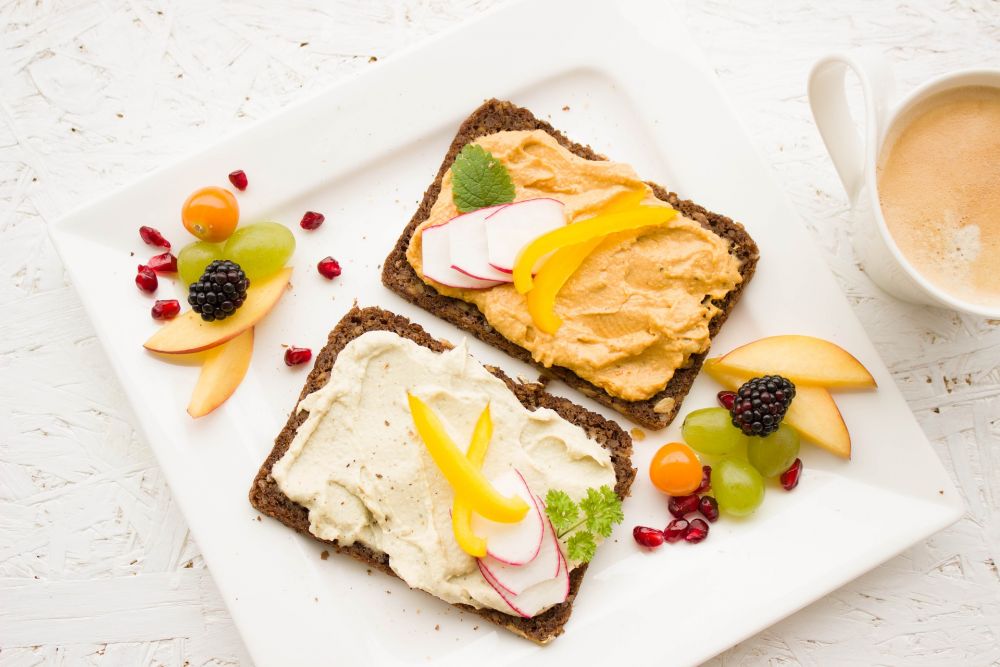
Take note for hikes lasting several days
If you are planning to undertake a hiking tour over several days or even a long-distance hike, you should sufficiently stock up your energy stores several days in advance. Anyone intending to fast before a long hike should bear in mind that fasting, or even dieting, could prove to be a big mistake. Hikers use up 300 – 500 calories per hour (depending on the difficulty of the hike). For a 5-hour hike this means up to 2500 calories are burnt. Subsequently absorbing these 2500 calories again through eating is not so easily achieved when hiking for several days.
